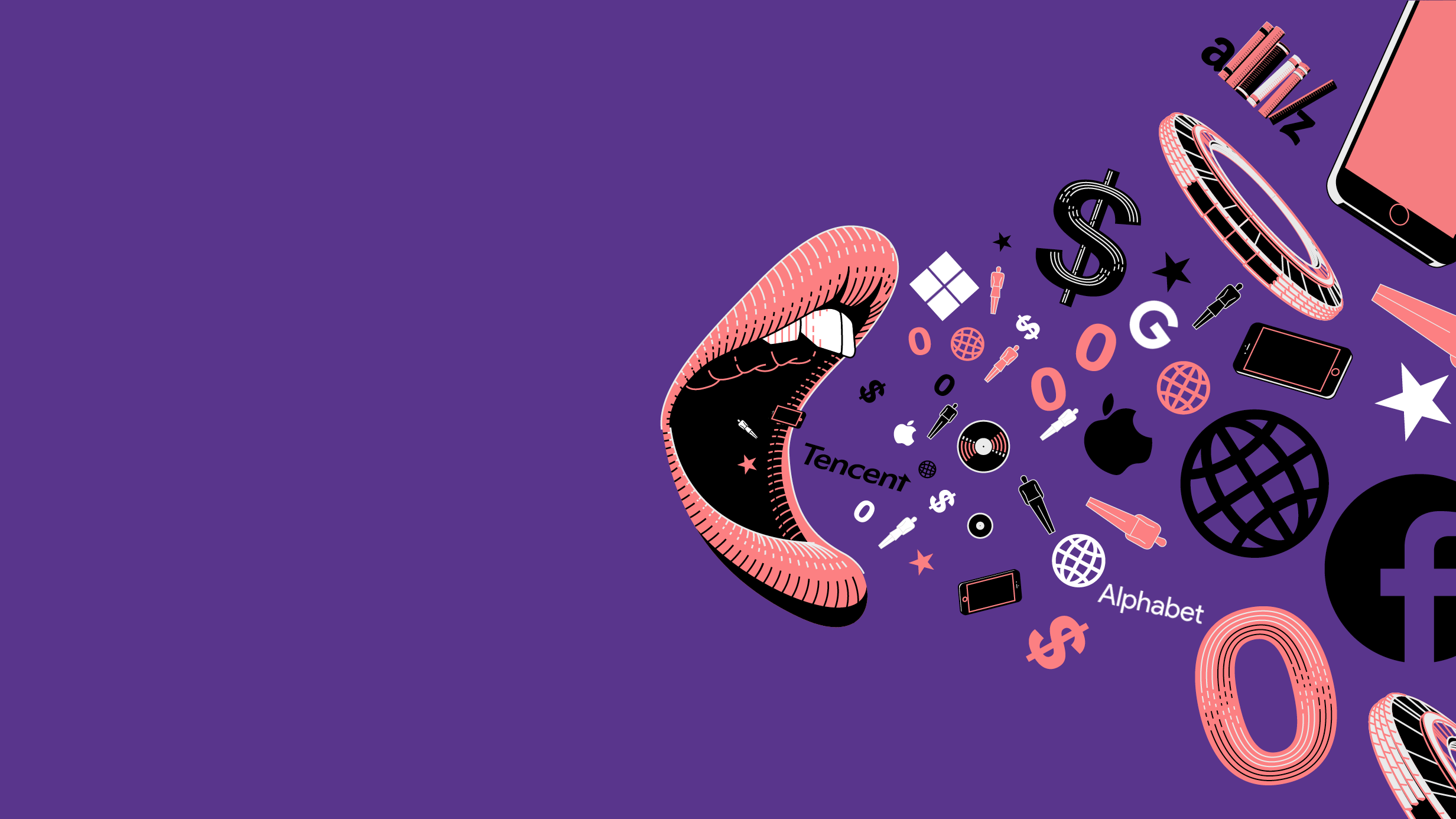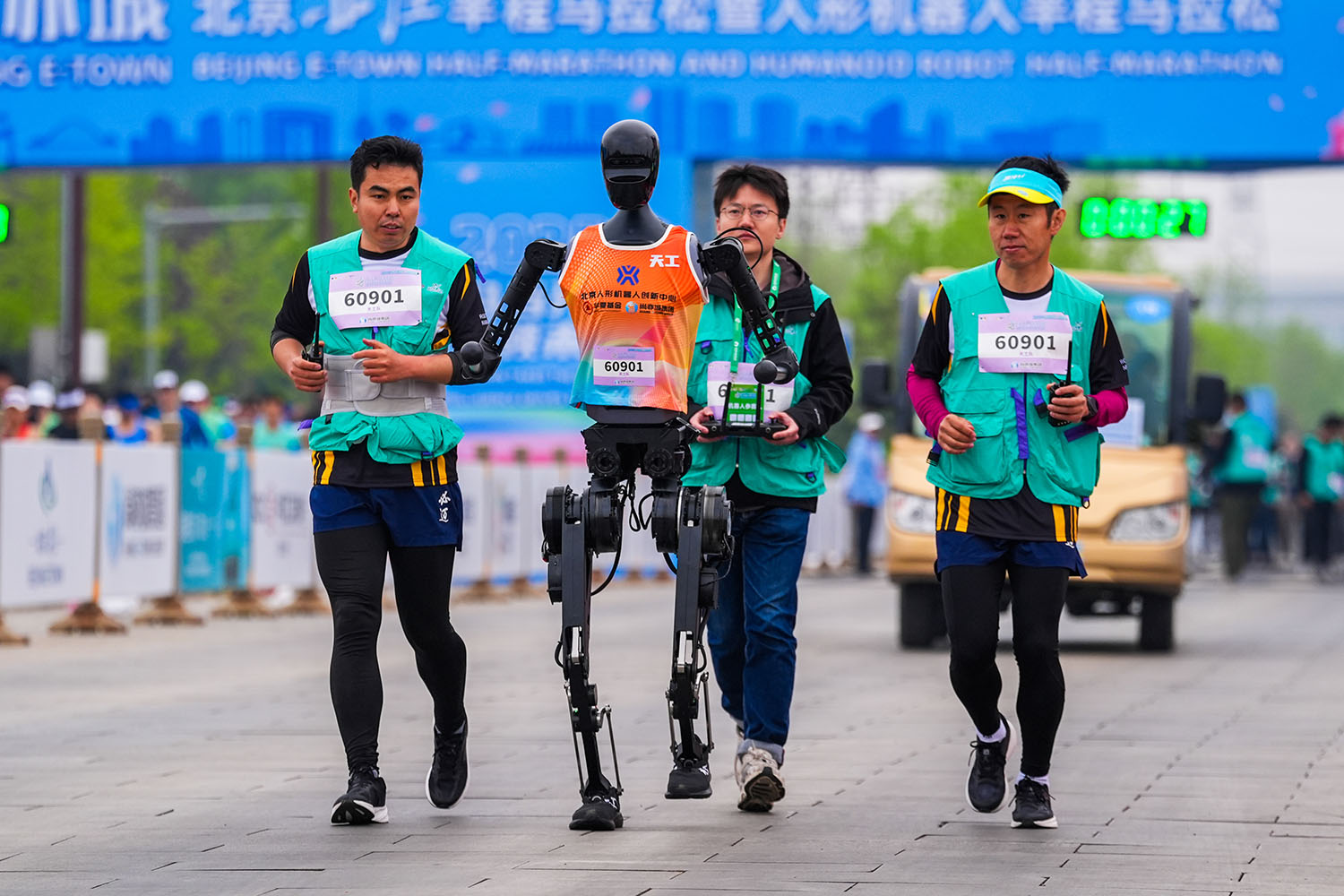
ChatGPT presents a significant threat to Alphabet's Google. It's caused it to issue the first "code red" warning to a single product in a decade.
Long stories short
- Spotify said it would cut 6 per cent of its workforce, admitting it was “too ambitious” during the pandemic.
- Microsoft likely recorded its slowest sales growth in more than six years last quarter.
- Twitter faced two separate lawsuits over failure to pay rent for offices in London and San Francisco.
Alarm bells are ringing at Google. For the first time in more than a decade, its management has declared a “code red” internal warning in response to a single product: a chatbot with the potential to upend the tech giant’s $149 billion search business.
Since bursting onto the scene last year, OpenAI’s ChatGPT has given a glimpse of an AI-assisted future. Not only can it compose poetry, screenplays, code and undergraduate essays, but researchers have used it to pass the United States Medical Licensing Exam, something that human students typically take after completing 400 hours of study.
Now OpenAI is testing a paid-for model called ChatGPT Professional which will cost around $42 a month in return for faster response speeds and new features. One analyst predicted the service would be a “money printing machine”. The technology’s future was further bolstered after Microsoft concluded a rumoured $10 billion deal to bring ChatGPT to its Bing search engine as well as software like Word and Outlook.
So what? Google search has been – pretty much – the same for years. ChatGPT offers something genuinely new: instead of a list of internet links it serves up information in clear, simple sentences. Although it has a lot of room for improvement, it could make Google’s search look like a dinosaur. Whatever the outcome, this is a battle that’s likely to change how we use and consume information online.
How will Google respond? Sundar Pichai, chief executive of its parent company, has announced a “code red”, which allows managers to redeploy resources in any way they think fit to counter the threat. The New York Times says Google intends to unveil more than 20 new products and demonstrate a version of its search engine with chatbot features this year.
Larry Page and Sergey Brin, Google’s founders, are also advising on its next steps. They’venot spent much time at the company since 2019 but have now stepped back in to review its AI product strategy, according to the NYT.
Time for LaMDA. Google already has a chatbot to rival ChatGPT – called LaMDA – which hasn’t yet been released. The company is testing it to make sure it is “helpful and safe” and can’t yet guarantee that hateful and toxic content won’t be generated.
The tech giant may also have been dissuaded from rushing out LaMDA because of regulatory concerns. Lawsuits in some countries already required platforms to pay publishers for linking to their material. Using such material to generate original answers could be even more expensive. Google would know that ChatGPT-style responses are more costly to generate than traditional searches. And there was one more commercial risk: if a chatbot can answer a search query perfectly, users are likely to visit fewer websites, meaning less opportunity for Google to serve them ads.
This year, however, Google can’t afford to hang around. ChatGPT has put pressure on it to get its competing AI tech out the front door – although OpenAI is under pressure too. So far it’s had little regulatory scrutiny, but that could change as soon as ChatGPT starts generating serious money.
A new era. Google, Microsoft and OpenAI will all accelerate consumer facing AI product development in 2023. It’s not yet clear who’ll win. What is clear is that the consumer AI era has begun.









